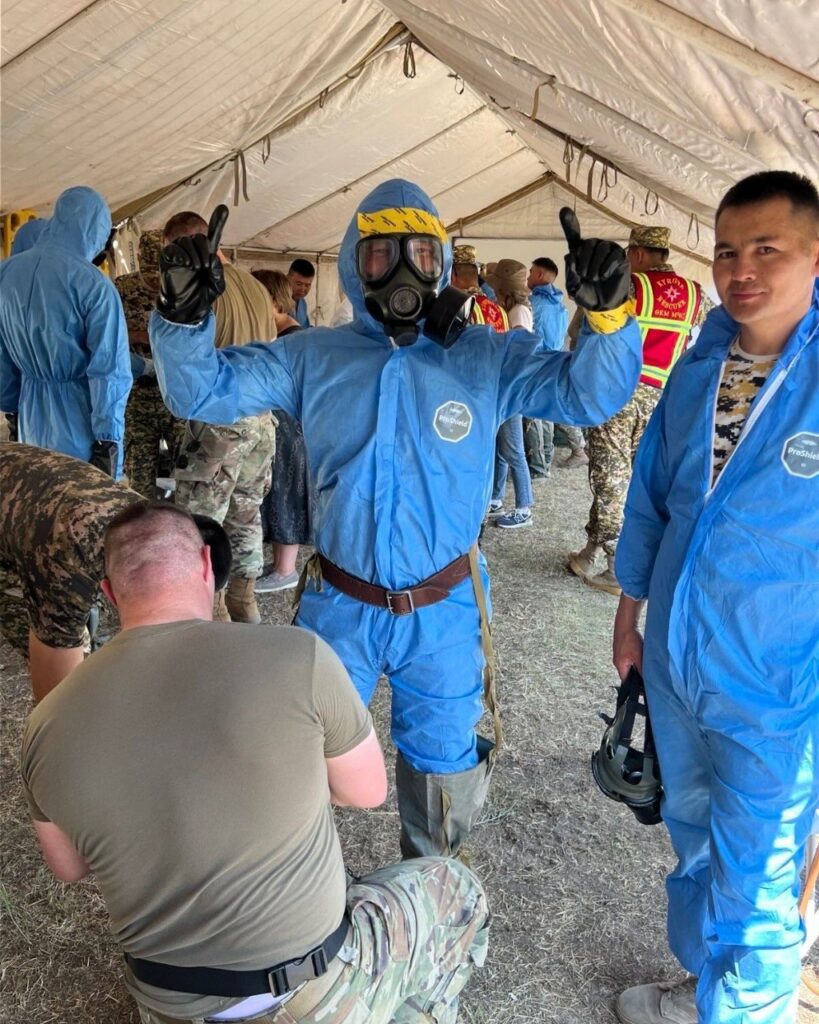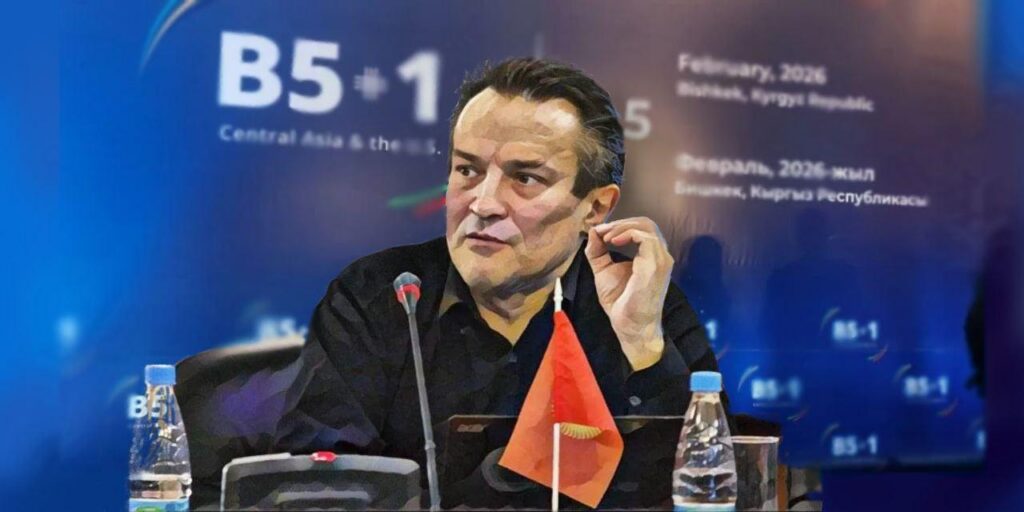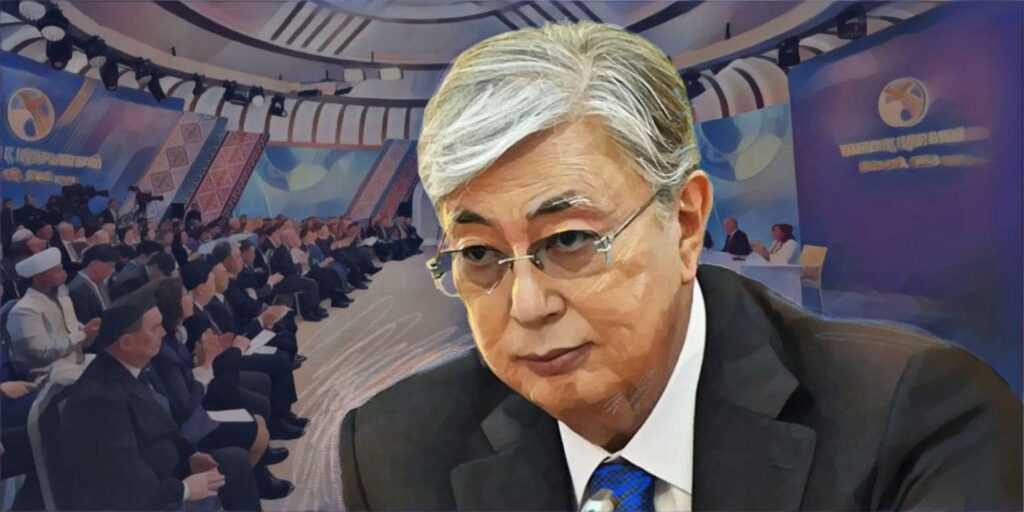From Alatau to Almaty by Air: How Kazakhstan’s First Air Taxi Service Will Operate
The Almaty region is preparing to introduce a groundbreaking new mode of transport for Kazakhstan: electric air taxis. While the project remains in the development and testing phase, key details about routes, aircraft, and the projected launch timeline have already been outlined. The first air taxi routes are expected to connect the newly developing city of Alatau with Almaty and other settlements across the region. The aircraft under consideration for this initiative is the Joby Aviation S4, an electric vertical take-off and landing (eVTOL) model developed by U.S.-based Joby Aviation. Test flights are scheduled for 2026. Alatau Advance Air Group, a private company, has been designated as the air mobility operator for the Alatau region. In collaboration with partners from the U.S., South Korea, China, and Italy, the company is working on aircraft research, infrastructure planning, and building a testing ecosystem to support future operations. Joby Aviation, one of the global leaders in eVTOL technology, has been named a strategic partner. The selected S4 model is in the final stages of certification by the U.S. Federal Aviation Administration (FAA) and has already undergone real-world testing. The aircraft is designed to carry four passengers and one pilot. These capabilities will allow the air taxi service to cover both urban routes within the Almaty agglomeration and longer intercity routes across the wider region. To accommodate operations, a network of vertiports, dedicated airfields for vertical take-off aircraft, is planned for Alatau, Almaty, and other key regional locations. The project is currently in the design phase, with testing sites under consideration. Demonstration flights are slated for 2026, with commercial services expected to launch once aircraft certification by the FAA is finalized and validated by Kazakhstan’s aviation authorities. “Air taxis will become an innovative form of transport that will provide fast connections between Alatau, Almaty, and other cities in the region,” the Almaty mayor’s office commented. Flight pricing is expected to be announced following testing and preparations for the commercial rollout. The air taxi concept was first introduced in October 2024 at a development forum in South Korea focused on the Alatau project. The initiative is being led by Alatau Advance Air Group, founded in March 2025. The company is connected via Caspian Integrity to entrepreneur and former senator Yuri Tskhai, one of the key investors behind Alatau City. In November, a strategic agreement was signed in the U.S. between Kazakhstan’s Ministry of Digital Development and AI, Joby Aero, Alatau Advance Air Group, and entrepreneur Vyacheslav Kim. The deal includes the purchase of eVTOL aircraft valued at approximately $300 million. Joby Aviation continues to be a major player in the global eVTOL industry, competing with major aerospace and automotive firms including Airbus, Boeing, Embraer, Honda, Hyundai, and Toyota.
3 days ago







